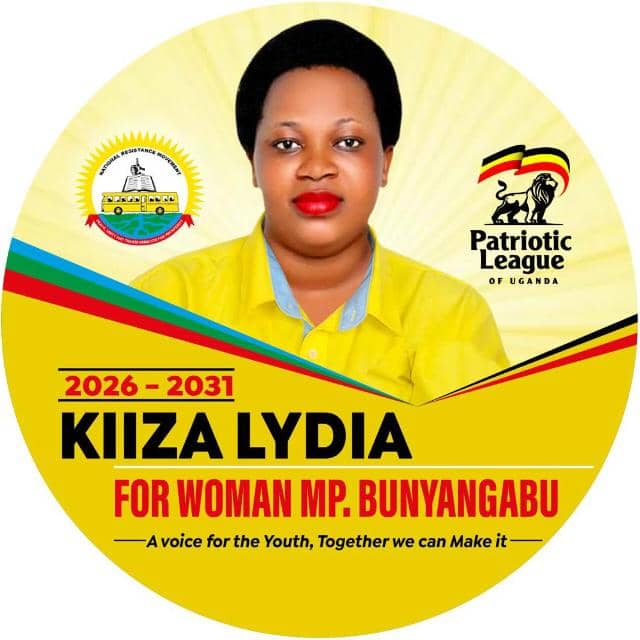By Andrew Irumba
Geneva: Uganda’s big lender World Bank has asked government to abolish ‘Over-The-Top Tax’ (OTT) as a way to boost access to corona virus prevention messages for the vulnerable populations.

The World Bank revealed this through Uganda economic update 2020 report, saying that the tax has not achieved its intended objective because “the tax is difficult to collect and easy to bypass by more technically-savvy users.
The organization adds that the social media tax is instead reducing the proportion of internet users and widening digital and income inequality and should be re-evaluated.

This follows the 2018 move by the government to impose a Shs200 daily tax on use of social media.

The tax was expected to raise at least Shs 284 billion in 2018/19 financial year, although the government only collected Shs 49.5 billion of that, with majority Ugandans preferring to use virtual private networks (VPN) to bypass the tax.

The organisation adds that, with the country’s coronavirus pandemic challenge and the suggestion that campaigns for the 2021 elections be done virtually either on social media or traditional media like radios and newspapers, the tax must be removed for wider accessibility.
“Removing the social media tax would contribute positively to the COVID-19 crisis response and encourage the use of the internet and digital technology in Uganda,” World Bank says.

“The availability of digital services such as online shopping, food delivery, social media, instant messaging, and online entertainment allows people in self-isolation to remain connected and socially and economically active while at home.”
It added that “governments can promote affordability by removing taxes and levies applied to specific digital platforms and services, thereby reducing transaction costs and supporting telecommunications companies in lowering prices for services that are needed during the crisis. In the long run, this is also likely to broaden the tax base.”
It says there is a need to reduce taxes imposed on mobile money services. It says even if the tax was removed, mobile money services would still contribute to the tax base through the 10 per cent excise duty on mobile money transaction fees introduced in the 2013/14 budget year.
This would generate on average 6 per cent of total excise duty revenues, the World Bank says. There is also the 18 per cent value added tax applied to mobile money transaction fees.
“The continued imposition of the mobile money withdrawal tax could slow the achievement of key priorities including greater financial inclusion, promotion and adoption of digital payments, and reducing the use of cash during the pandemic,” it says.
This follows Parliament’s request to Gov’t to suspend OTT as was noted in a parliamentary report released by a task force dispatched by Speaker of Parliament Rebecca Kadaga to study the impact of coronavirus on the economy of Uganda.








